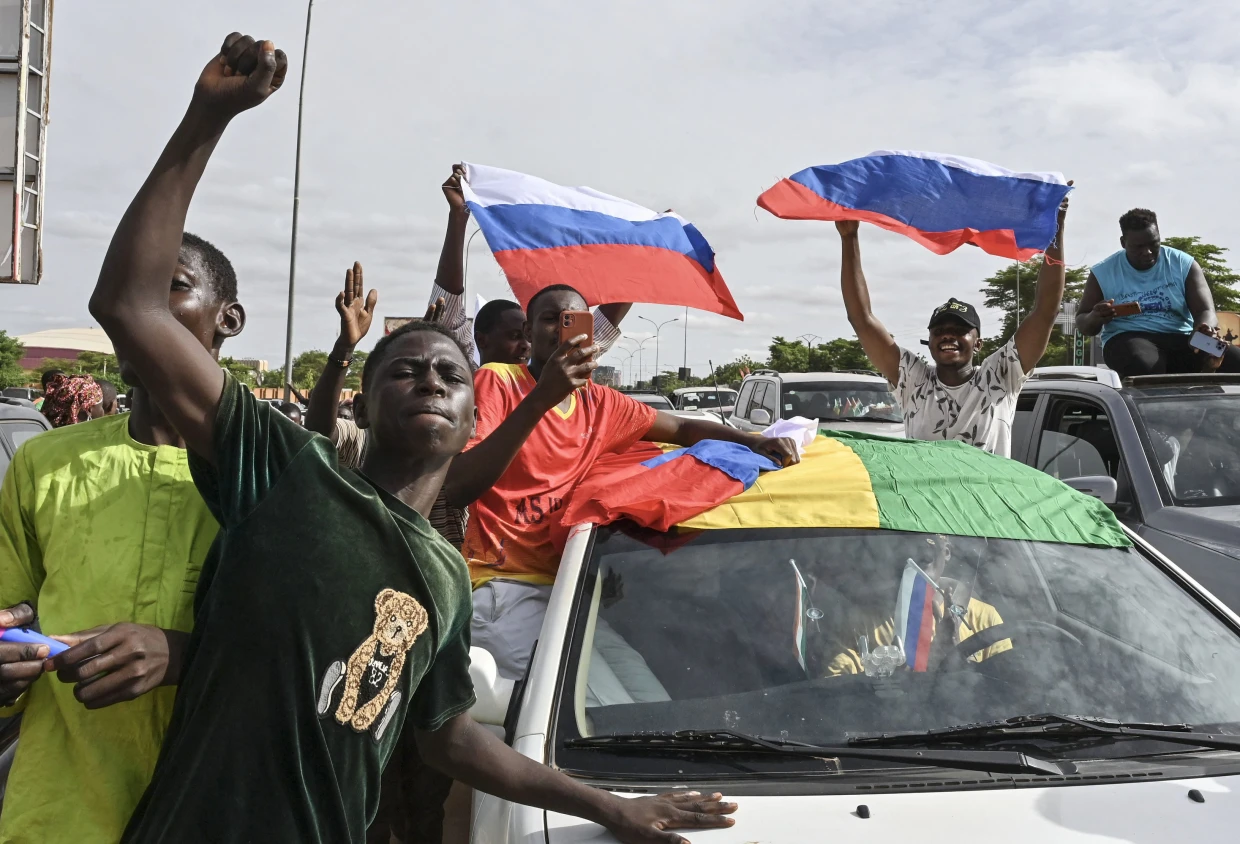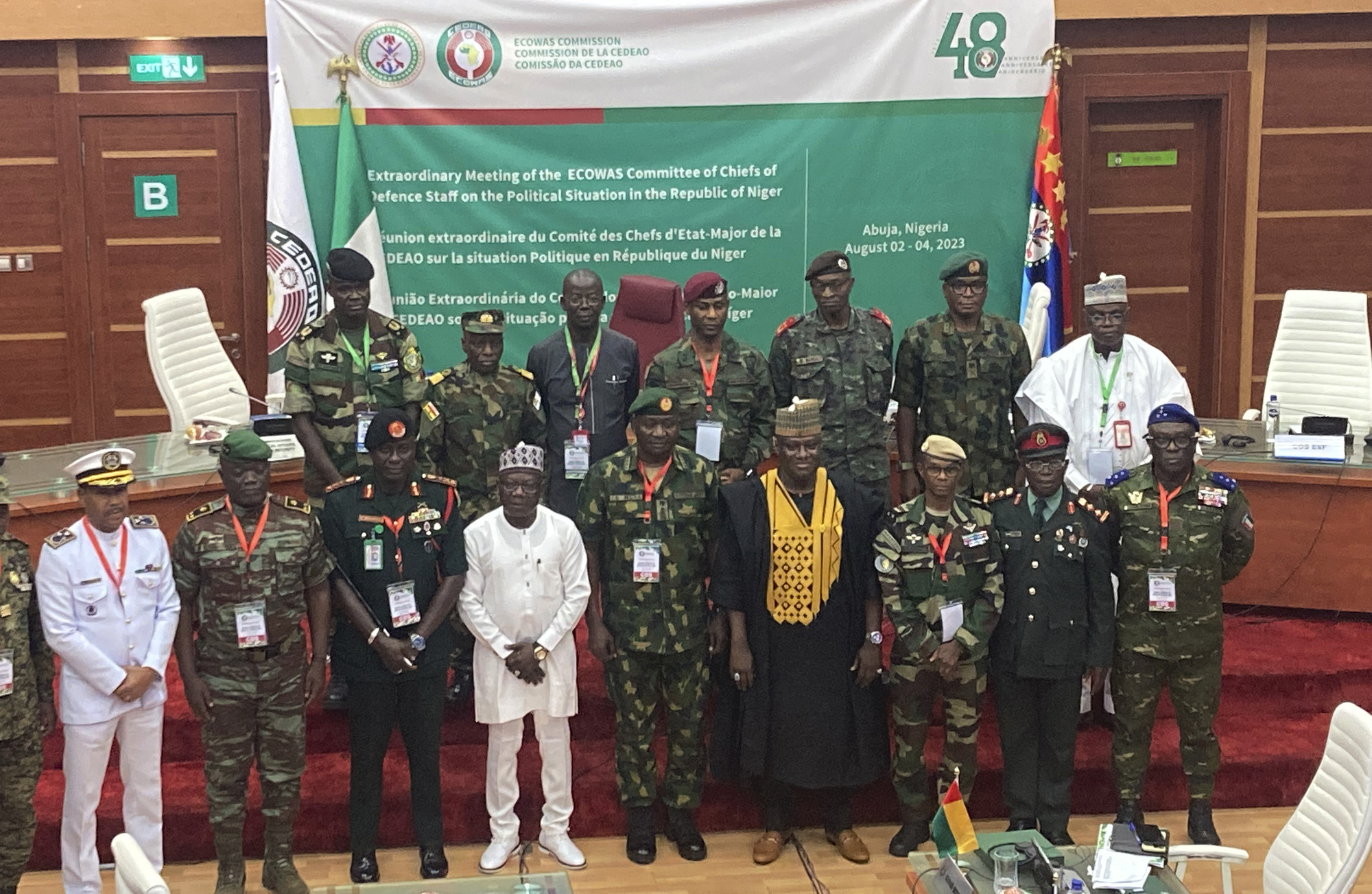The recent threat of military intervention in Niger by the Economic Community of West African States (ECOWAS), under the leadership of presidents and leaders of member countries, with backing from colonial powers France and the United States, has exposed a deep-rooted nexus of imperialist hegemony that threatens the sub-region's stability. This move has sparked condemnation from several left and people’s organizations in West Africa, shedding light on the dangers of unchecked Western influence and highlighting the urgent need for genuine sovereignty.
The West African Peoples’ Organization (WAPO) has vehemently opposed ECOWAS' ultimatum, seeing it as a covert maneuver orchestrated by colonial France and Great Britain under the auspices of U.S. imperialism. This supposed bid to "restore democracy and human rights in Niger" is decried by WAPO as a facade to maintain imperialist control over the uranium-rich country. WAPO reveals that ECOWAS' intent is to keep Niger within the imperialist fold, perpetuating France's plundering of its uranium reserves for decades.

Niger, known for its vast uranium resources, stands as the world's seventh-largest producer of nuclear fuel. Paradoxically, despite being a major uranium supplier, its own electrification rate hovers at a mere 17.5%. This stark inequality is underscored by the fact that its uranium powers a significant portion of France's electricity needs. The recent halt in uranium and gold exports to France by the new military rulers reflects their stance against imperialist exploitation.
This struggle for sovereignty is not confined to Niger alone. Coups in Mali, Guinea, and Burkina Faso have ignited movements against foreign military presence in these countries. The military governments that have taken charge in these nations have shown resilience in ordering French and Western forces out of their territories. Their collective support for Niger signifies a growing sentiment against Western interference in the sub-region's affairs.
The outcry against ECOWAS' intervention threat illuminates the deeper moral quandary. The very leaders poised to invade Niger have largely remained silent on the squalor imposed on uranium-mining towns, the loss of innocent lives due to foreign military operations, and the erosion of their sovereignty. ECOWAS' readiness to intervene, rather than addressing domestic issues, raises questions about its true motives and allegiances.
As the sub-region stands at the precipice of a potential war fueled by imperialist agendas, the voices of progressive consciousness in civil society continue to grow louder. Grassroots movements and organizations are challenging the status quo, exposing the vested interests of global powers. The call for true sovereignty, free from imperialist influence, resonates deeply among the sub-region's people who yearn for self-determination.
In conclusion, the ECOWAS' threat of military intervention in Niger, sheds light on the intricate web of imperialist hegemony perpetuated by Western powers. The solidarity among nations like Mali, Guinea, and Burkina Faso, and the resounding dissent against foreign intervention, signify the rising tide of resistance against Western dominance. While the path ahead remains uncertain, the collective determination to safeguard true sovereignty offers hope for a future free from the shackles of imperialist agendas.

